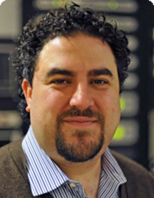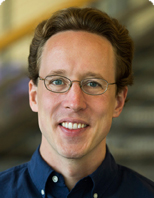Tuesday, March 19, 2019
Boji Tower, 1st Floor, Senate Hearing Room
124 W Allegan St., Lansing, MI 48933
11:30 a.m. – 1:00 p.m.
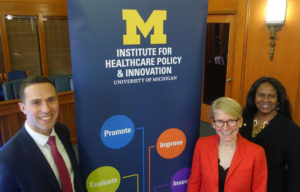
From left to right: Dr. Jeff Kullgren, Dr. Erica Solway, and Dr. Veronica Wilkerson Johnson
The University of Michigan National Poll on Healthy Aging (NPHA) is a recurring, na- tionally representative household survey launched in 2017, in partnership with AARP. The NPHA taps directly into the insights, experiences, and perspectives of older adults related to their health, health care, and health-related decision-making to better inform the public, providers, and policymakers on timely issues related to policy and practice. As life expectancy increases, and healthy aging is a goal we all share, please join us as Drs. John Ayanian, Erica Solway and Jeff Kullgren highlight key findings from recent NPHA reports on important healthy aging topics, including prescription drugs, dental care, opi- oids, health insurance, and loneliness.
Featured speakers:
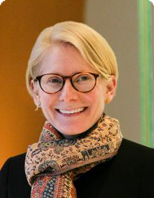
Senior Project Manager, Healthy Michigan Plan evaluation, and Assoc. Director, National Poll on Healthy Aging
Dr. Erica Solway is an associate director of the National Poll on Healthy Aging. She also manages the University of Michigan Institute for Healthcare Policy & Innovation’s evaluation of the Healthy Michigan Plan and other Medicaid-related projects. Before returning to U-M, Dr. Solway served as a policy advisor with the U.S. Senate Committee on Health, Education, Labor, and Pensions Subcommittee on Primary Health and Aging. She received her master’s degree in social work and master’s degree in public health as well as a Specialist in Aging certificate from the University of Michigan. She has a doctoral degree in sociology from the University of California, San Francisco.
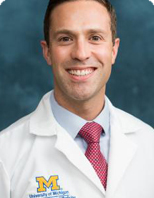
Jeffrey Kullgren, MS, MD, MPH
Dr. Jeff Kullgren is a Research Scientist in the Center for Clinical Management Research at the VA Ann Arbor Healthcare System, and an Assistant Professor in the Department of Internal Medicine at the University of Michigan Medical School and Institute for Healthcare Policy and Innovation. He is also an associate director of the National Poll on Healthy Aging. Dr. Kullgren holds undergraduate and medical degrees from Michigan State University and a master of public health degree from the University of Michigan. He completed his residency at Brigham and Women’s Hospital and was a Robert Wood Johnson Foundation Clinical Scholar at the University of Pennsylvania.
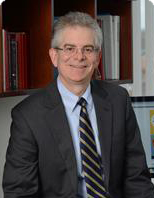
Alice Hamilton Collegiate Professor of Medicine; Professor of Internal Medicine; Professor of Health Management and Policy; Director for Healthcare Policy and Innovation; Professor of Public Policy
Dr. John Ayanian is the inaugural Director of the Institute for Healthcare Policy and Innovation which includes nearly 600 faculty members from 14 schools and colleges at the University of Michigan, where he is also the Alice Hamilton Professor of Medicine, Professor of Health Management and Policy, Professor of Public Policy, and a practicing general internist. He has led influential studies of access to care, quality of care, and health disparities related to race, ethnicity, socioeconomic factors, and insurance coverage. Dr. Ayanian earned his bachelor’s degree summa cum laude in history and political science from Duke University, medical degree from Harvard Medical School, and master of public policy degree from the Harvard Kennedy School.

